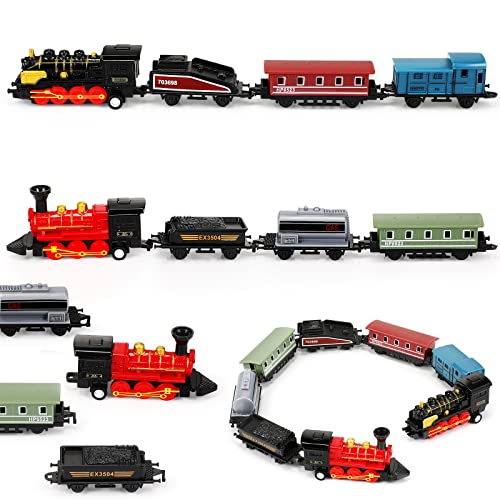I really see this as a separate market with not a lot of crossover - or a nonexistent market altogether.
Aside from taking valuable platform time (which is a non starter), departing at midnight and arriving between 10-12 kind of defeats the primary market of business and tourist travelers. There's real value in mirroring one night hotel schedules for the majority of trips taken - especially in a corridor like BOS - DC.
In my mind, departing at midnight really downgrades any night train to the usefulness of an Amtrak LDR.
Note that I agreed with the arrival time, 6-8 am. I agree that arriving in the late morning or midday makes it more like a long-distance train and less like a night train.
If you have a city pair 10 hours apart, then I agree the departure has to be more like 9-10 pm to maintain a 6-8am arrival. If you have a city pair 12 hours apart, the departure has to be 6-8pm to preserve the 6-8 am arrival.
But I firmly believe that if departure can be held until after 11am with arrival still 6-8am, the train becomes an option for those attending ballgames, concerts, shows, etc. without spending another night in the city. And not spending another night in the city is what a night train is all about.
I'm picturing the crowd at a Metra downtown terminal for the after-midnight last departures. Folks who attended a Cubs or Bulls game, a concert at Soldier Field, or a show at the Opera House. But instead of consisting of suburbanites, it consists of people from other cities who attended the same events and don't want to add the expense of a Chicago hotel room just because it's late. Or substitute a Broadway show, Red Sox game, Dodgers game, etc.
Ideally, as I said, the early-leave market and the evening-out market would be served by the same train, with boarding beginning 6-8pm but not ending until 11-12.
Where that platform dwell is untenable, a large enough city-pair market could support two trains, one early AND one late. I can picture NY-Boston, or Chicago-St.Paul, or Los Angeles-Phoenix, supporting a (for example) 7pm and 12:15am night-train departure.
If the city-pair market can't support two night trains, then marketing research would be needed to resolve if travelers are more business-focused and want to go home when their business is done (6-8pm departure) or more leisure-focused and want to avail themselves of the nighttime amenities of the city they're visiting (11pm or later departure).
























































